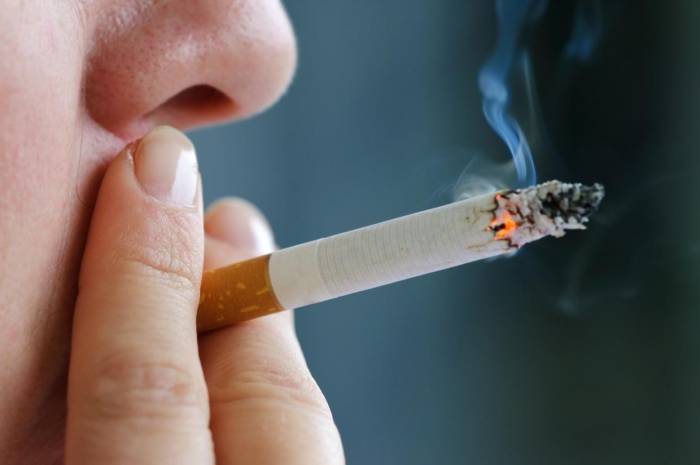New Zealand has announced a suite of proposals aimed at outlawing smoking for the next generation and moving the country closer to its goal of being smoke-free by 2025.
The plans include the gradual increase of the legal smoking age, which could extend to a ban on the sale of cigarettes and tobacco products to anyone born after 2004, making smoking effectively illegal for that generation.
Also under consideration was a significant reduction in the level of nicotine allowed in tobacco products, prohibiting filters, setting a minimum price for tobacco, and restricting the locations where tobacco and cigarettes can be sold.
“We need a new approach,” Associate Health Minister Dr Ayesha Verrall said on Thursday, announcing the changes. “About 4,500 New Zealanders die every year from tobacco, and we need to make accelerated progress to be able to reach that goal [of Smokefree 2025]. Business-as-usual without a tobacco control program won’t get us there.”
The proposals were welcomed by a number of public health organisations. “This proposal goes beyond assisting people to quit,” Cancer Society chief executive Lucy Elwood said in a statement. She noted that the number of tobacco retailers was four times higher in low-income communities, where smoking rates were highest.
“These glaring inequities are why we need to protect future generations from the harms of tobacco,” Elwood said. “Tobacco is the most harmful consumer product in history and needs to be phased out.”
Shane Kawenata Bradbrook, a long- term advocate for smoke-free Māori communities, said in a statement that the plan “will begin the final demise of tobacco products in this country”. Smoking rates are highest among Māori and Pasifika New Zealanders, and he said it was vital those communities had a voice in the process.
“For too long the tobacco industry has been addicting our people, fleecing them of their money before we have to bury them in urupa [burial grounds] all over this land. I am looking forward to truly making this a sunset industry in this corner of the world.”
El-Shadan Tautolo, a professor of public health at Auckland University of Technology, also called the plan “a turning point”. If it included enough resources and the right people, “we will be able to reach our communities who have been underserved and under-resourced for long enough,” he said.
But the plans also faced criticism for potential unintended consequences, including the prospect of bankruptcy for small ‘dairy’ store owners, and the possibility of an expanded black market for tobacco. The government acknowledged this was a risk in its document outlining proposals: “Evidence indicates that the amount of tobacco products being smuggled into New Zealand has increased substantially in recent years and organised criminal groups are involved in large-scale smuggling,” it said.
Right-wing political party ACT said lowering nicotine content could result in smokers buying and smoking more to get their hit. “New Zealand smokers who can least afford it will spend more on their habit and in turn do harm to those around them if the government mandates lower nicotine,” the ACT social development and children spokesperson, Karen Chhour, said in a press release.
The move also sparked questions about the extent to which the government should intervene in people’s lives: “There’s a philosophical principle about adults being able to make decisions for themselves, within reason,” journalist Alex Braae wrote in an analysis for the Spinoff.
Smoking accounts for one in four cancer deaths in New Zealand, and around half a million New Zealanders smoke daily. The effects of that are most-felt among Māori, New Zealand’s indigenous people: Māori women have the country’s highest smoking rates, with about 30% smoking daily. Cancer is the leading cause of death for Māori women and the second leading cause for Māori men.
The Guardian
More about: #NewZealand
















































